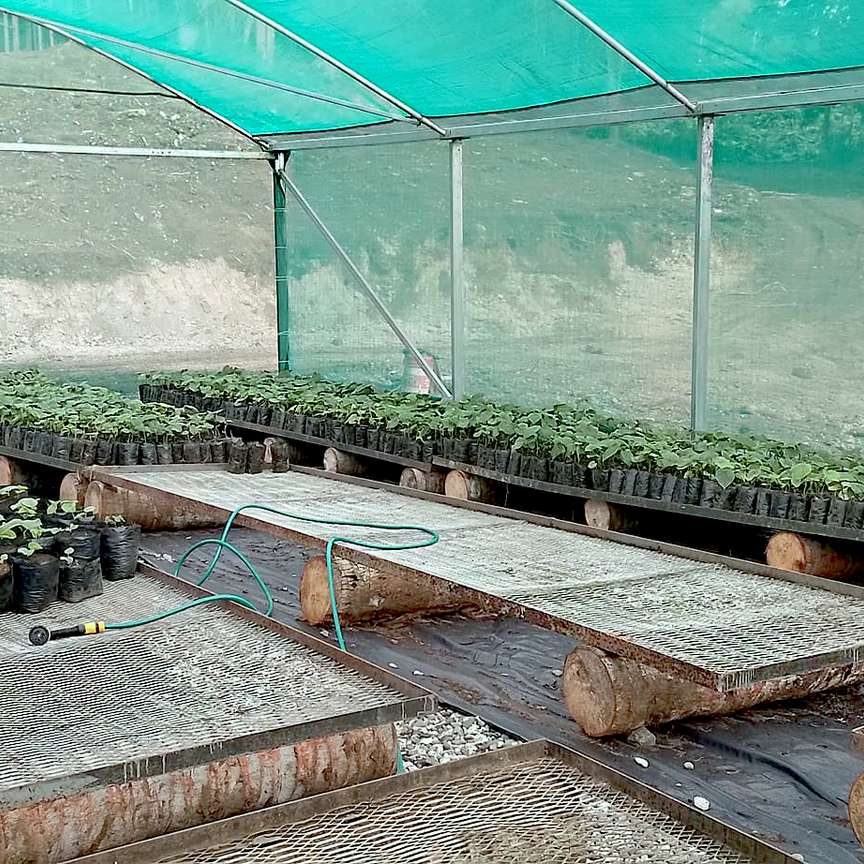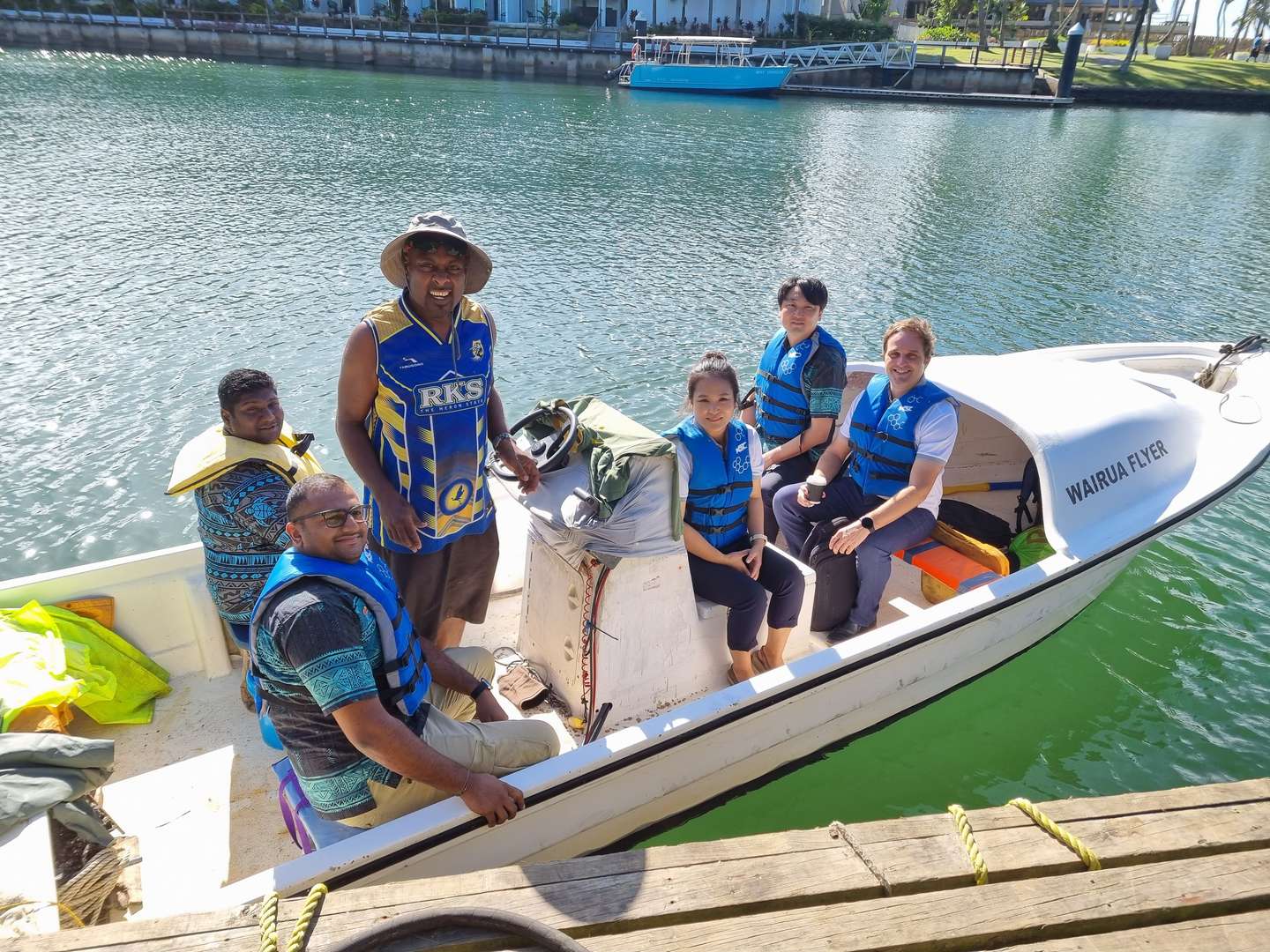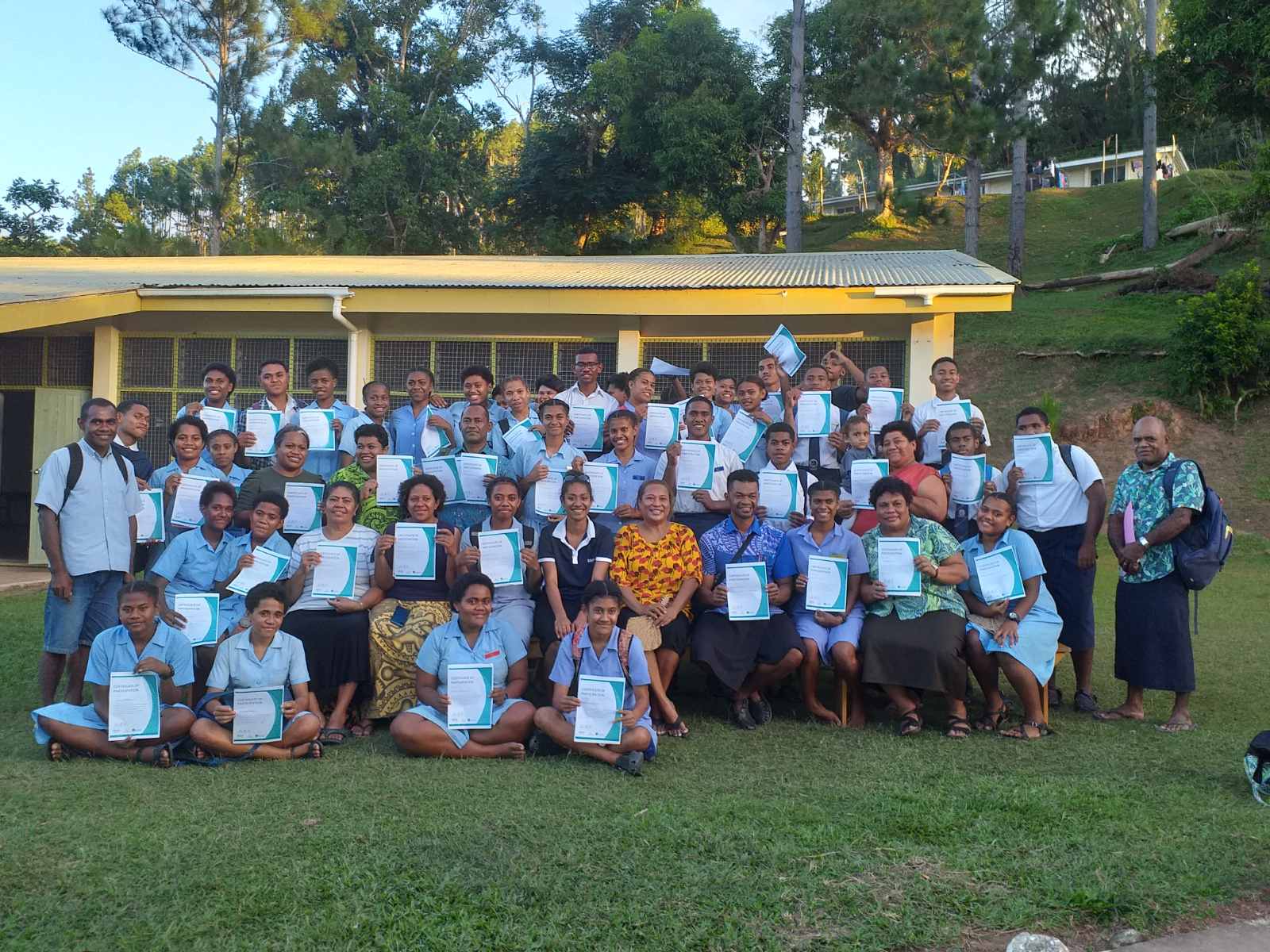Environment
An important aspect of the project is the need for resource owners to make informed decisions about their natural resources. The sustainable use of these resources becomes an important element of the content that would be communicated with community leaders. It is envisaged that with better information, these resource owners make better decisions on the sustainable use of their natural resources for the benefit of the environment that will benefit the whole community.


Gender
The project recognizes the challenges with gender equality in local decision-making in the four countries. The project will encourage and promote women’s participation in the awareness raising and education activities and will set a target for the project of 40% of participants in the project training activities to be women and youth. Where needed, women in positions of leadership will be identified and targeted specifically for the opportunity to learn about green economy and renewable energy, acknowledging that in the target countries there are few women in traditional leadership roles, in local government senior positions or in village or island councils. Where there are specific women’s and youths’ groups in communities, these will be contacted and given the opportunity to attend training sessions. Gender mainstreaming will also be an important consideration of the training needs assessment recognizing that different groups may have different needs and also different timing (e.g. in the morning, evening or on weekends) and methods of training may be appropriate. Monitoring and evaluation efforts, including indicators related to this project will also take into account gender considerations e.g. by collecting gender segregated data on training workshop attendance.
Human rights
The project will promote and strengthen the human rights of local communities and villages by providing them with access to information to assist and strengthen their capacity in informed decision-making on rural development and renewable energy projects. The project recognizes that local leaders and communities in the four countries are often owners and major decision makers for the land, water and other natural and ecosystem resources. Therefore it is their human right to have information provided to allow them to make informed decision making.


